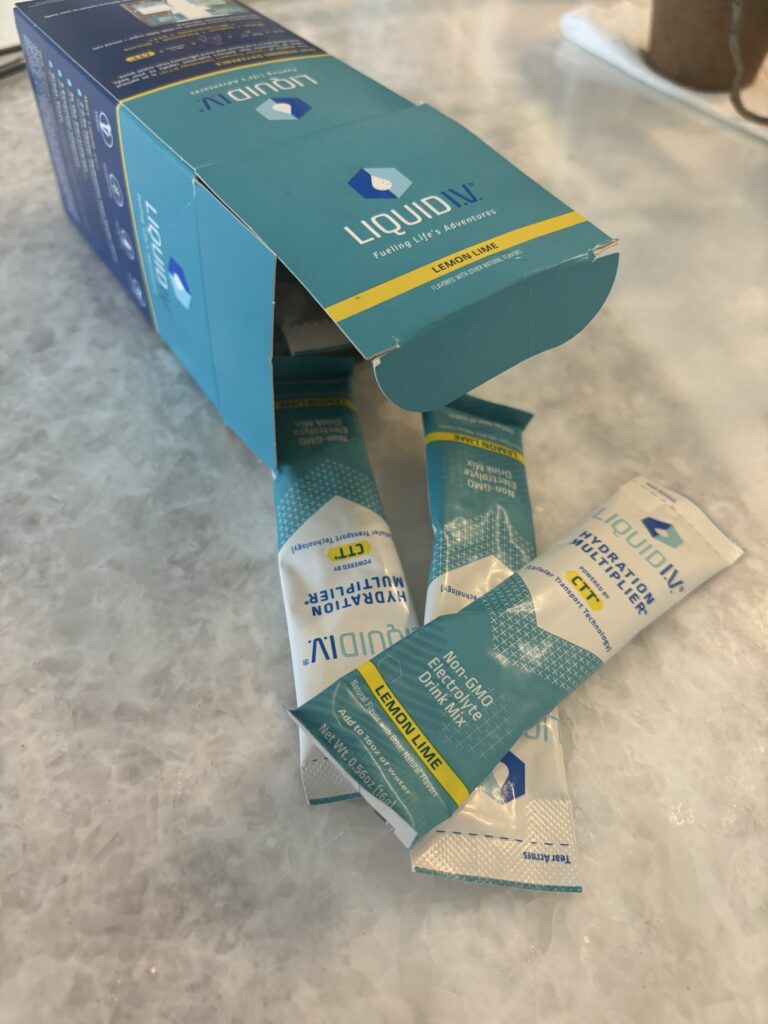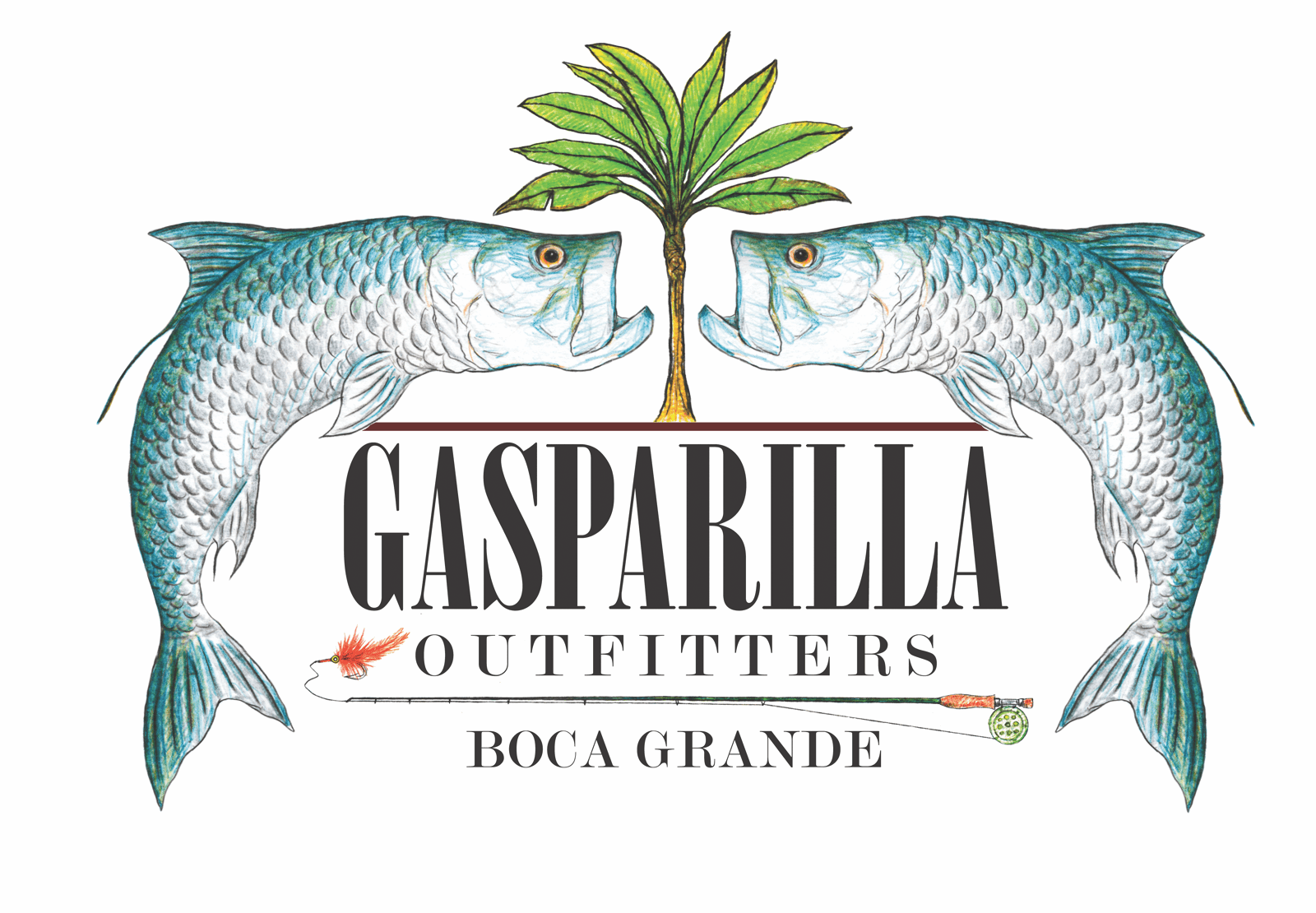Ask a Doc: The Pros and Cons of Electrolyte Beverages

BY DR. BRET KUEBER, M.D.
As an avid sportsman and a strong believer in the power of healthy living, I sometimes get questions about the role of electrolyte beverages in maintaining optimal hydration, especially in these hot summer months.
With my background in sports medicine and complementary medicine, I’m here to break down the pros and cons of these popular drinks in this month’s Ask a Doc column.
What are electrolyte beverages, and what do they do?
You have undoubtedly seen more than anyone’s fair share of sports drink commercials. The electrolyte hydration drinks market is growing fast and is expected to be over $31 billion this year. Ads for these beverages promise to not only replenish glucose, fluids and electrolytes lost during strenuous exercise, but also enhance endurance. Depending on how rigorous your activity is, you can lose up to two to three quarts of fluid every hour – and electrolytes (sodium, potassium, magnesium and calcium) along with it. Electrolyte drinks help maintain fluid balance, nerve function and muscle performance. Think of them as the pit crew for your body’s engine, helping ensure everything runs smoothly.
What are the pros of drinking electrolyte beverages?
The main benefit is their superior ability to rehydrate compared to water alone, particularly after intense physical activity or in high temperatures. They provide quick energy through carbohydrates, which is crucial for prolonged exercise. Additionally, they effectively replace lost electrolytes, preventing issues like muscle cramps and hyponatremia, a condition that occurs when the level of sodium in the blood is too low. Symptoms include nausea, headache, confusion, and fatigue. Convenience is another advantage of these drinks, as they are easy to carry and consume on the go.
What are the cons of drinking electrolyte beverages?
Many commercial sports drinks contain high levels of sugar, which can contribute to weight gain and increase the risk of dental problems and metabolic diseases like diabetes. The extra sugars and carbohydrates add unnecessary calories for those who are not engaged in vigorous activity. Some electrolyte drinks also include artificial ingredients. I am not a fan of artificial sweeteners at all so it’s important to read the labels before you buy. In addition, the cost of regularly purchasing these beverages can add up.

Top photo by Dusty, above by Anna
Can you drink too many electrolyte beverages?
Yes, it’s possible to overdo it with electrolyte beverages. Remember, the job of these drinks is to balance out your electrolytes. Consuming too many can cause issues like hypernatremia (too much sodium) or hyperkalemia (too much potassium). These conditions can lead to symptoms like nausea, weakness, irregular heartbeat, and in severe cases, cardiac arrest.
How much is enough?
For most people, drinking one or two servings of electrolyte beverages during intense or prolonged exercise, or when experiencing significant fluid loss, is adequate. It’s essential to balance these with plenty of water. And I think it’s important to remind everyone that electrolyte drinks are not a replacement for water; they are not necessary for your daily wellness routine.
Are sugar-free electrolyte beverages a better option?
Sugar-free options can be a great choice as they provide electrolyte replenishment without the added calories from sugar, making them suitable for people managing their sugar intake or with conditions like diabetes. However, pay attention to what you’re buying because some sugar-free drinks contain artificial sweeteners, which I really don’t like for many reasons, among them how they can cause digestive issues for some people. Be sure to look for drinks that have clean and natural ingredients.
When should I choose an electrolyte beverage over water?
Electrolyte beverages are particularly useful during and after intense exercise lasting more than an hour, in hot and humid conditions where you sweat excessively, and if you experience illness-related dehydration, such as from diarrhea or vomiting. They are also beneficial during prolonged outdoor activities like tennis, running or biking. For everyday activities, water usually suffices to maintain hydration.
Are there natural alternatives to commercial electrolyte drinks?
Absolutely! Coconut water is naturally rich in potassium and other electrolytes, with less sugar than many sports drinks. You can also make homemade electrolyte solutions by mixing water with a pinch of salt, a splash of fruit juice, and a bit of honey or maple syrup. Fresh fruit and vegetable juices, such as those from oranges, lemons, and spinach, can also help replenish electrolytes naturally.
Final Thoughts:
Electrolyte beverages can be a valuable tool for maintaining hydration, especially under strenuous conditions, and especially in hot and humid Florida. However, it’s crucial to choose wisely and consider factors like sugar content, artificial ingredients, and your individual health needs. As always, if you have any concerns or specific health conditions, consult a healthcare provider to determine the best hydration strategy for you.
Do you have a question for us? If so, please send questions to the Clinic at bghc.org/contact or to the Boca Beacon and we will answer them.
- New Farlow’s restaurant Chophouse285 anchors Englewood’s Dearborn Street
- Schmaltz & Pepper for All That Jazz
- Charlotte meets on beach access; Placida park project moves forward
- World of mangroves the subject of conservation lecture series talk at Englewood Chamber of Commerce
- Magano at Camera Club talks on light-painting and photography









